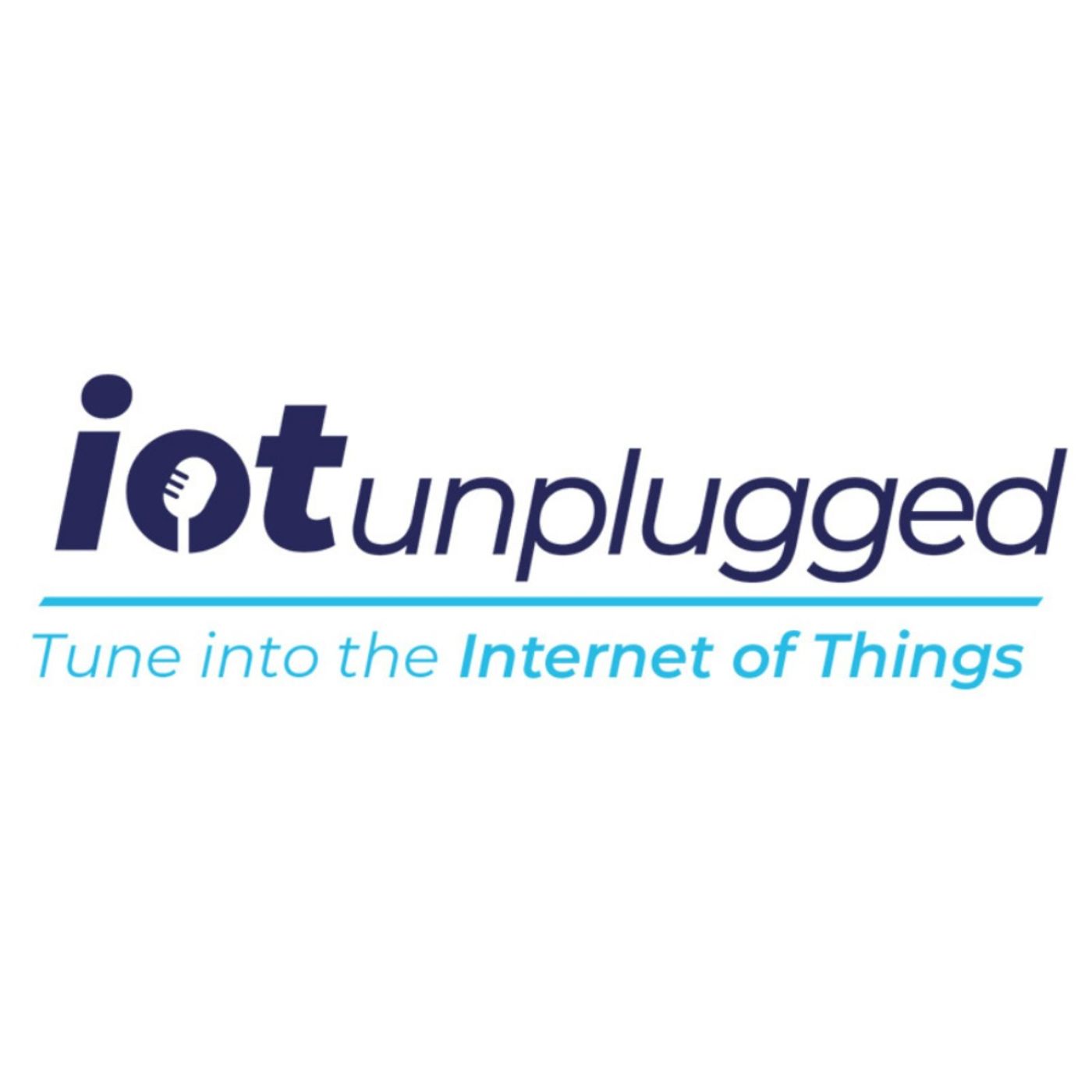Amy Garland, Business Development Manager at The Helium Foundation was the latest guest on IoT Unplugged, to discuss the advancement of decentralised wireless technology.
In her role at The Helium Foundation she focuses on the Helium project, which supports two types of networks: IoT, which connects sensors globally, and a cellular network. The Foundation’s role includes network stewardship, coordinating improvements and technical changes, and guiding proposals through implementation and voting processes. The Foundation also works on education and advocacy, engaging with both the public and private sectors to increase awareness and understanding of the technology, and contribute to protocol engineering, supporting the underlying technology of the network.
In the episode, Garland explained that the decentralised network model allows anyone to participate in building, growing, and operating wireless networks, earning rewards for their contributions. This model contrasts with traditional telecommunications, which are capital-intensive and centralised. Helium’s approach reduces entry barriers by leveraging existing assets like bandwidth and infrastructure, allowing for quick and cost-effective network deployment. Users pay data transfer costs in tokens directly to operators, fostering a people-powered, public utility model.
Garland also highlighted that decentralised wireless networks offer significant advantages such as rapid deployment and cost-effectiveness, particularly in underserved areas. “Cellular technology can be really impactful, especially in areas that are historically underserved by telecommunications companies,” she said. “Whether this is due to remote or tricky locations or lack of project funding, in areas that aren’t prioritised by operators, people can take that into their own hands and can deploy coverage where it’s most needed.”
Blockchain technology is essential for Helium, enabling a network of thousands of gateways operated by numerous users. It facilitates micro-payments and incentivises network participation, while also allowing borderless and permissionless distribution of ownership.
Garland also noted that the Helium Foundation supports companies like IoT Net, which tackles water supply issues with smart meter readers and data analysis. IoT Net migrated its sensors to the Helium network, achieving significant cost savings and operational efficiency. Utilities are increasingly adopting IoT technologies to comply with regulations and improve resource management.
In her closing comments, Garland said that decentralised wireless networks being used to improve connectivity is “an exciting time”, as is being part of the shift.
To hear more from The Helium Foundation on decentralised wireless networks, tune into the full podcast episode available on Spotify, Apple Podcasts, and at the link below.

Facilitating connectivity with decentralised networks – IoT Unplugged
If the idea of appearing on the podcast to talk about IoT inspires you, feel free to reach out to us and pitch a topic you want to talk about and help us unplug the potential of IoT and explore the limitless opportunities it presents.










